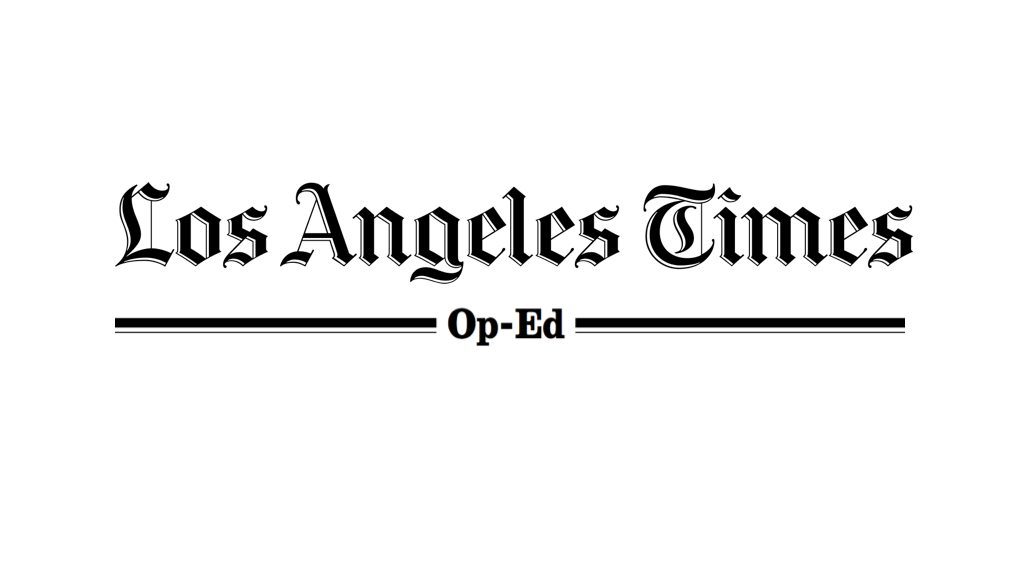A Nice Little War to Fill the Coffers

Opinion Editorial – Commentary
President Bush and Vice President Dick Cheney are correct when they say things are not all bad in Iraq. It just depends on your perspective. Although the military campaign is in chaos, the economic campaign is moving along quite nicely, at least for U.S. corporations and the Republican Party.
Halliburton, far and away the largest recipient of Iraq reconstruction dollars with about $18 billion in contracts, has seen revenues increase by 80% in the first quarter of 2004 compared with the same quarter of 2003, according to the Financial Times. These revenues reflect “steep profits from their Iraq operations.”
Next in line is the Bechtel Group of San Francisco, with nearly $3 billion in Iraq reconstruction contracts. In fact, revenues generated outside the United States have increased by 158% since 2003 for Bechtel — turning around a three-year slump in that category. San Ramon-based ChevronTexaco has a contract to market Iraqi oil. Its profits have increased 90% during the first half of 2004 compared with the same period in 2003, for a total increase of more than $3 billion.
And then there’s Lockheed Martin, which hasn’t even had to risk operating in Iraq to earn its war booty. In 2004, Lockheed’s shares have more than tripled in value since their low in early 2000. A Lockheed spokesman told the New York Times that the company’s success since 2000 came from the “changed geopolitical landscape.”
Helping to boost these bottom lines are rules put into place by L. Paul Bremer III, the head of the Bush administration’s now defunct Coalition Provisional Authority in Iraq. Among them are “orders” that ensure that none of the profits made by contractors have to be reinvested in the fledging Iraqi economy or in helping with reconstruction. Instead, every last penny can be sent back to the United States. The orders also make it difficult, come January, for an elected Iraqi government to overturn such rules.
Not surprisingly, some of the profits generated by the war in Iraq appear to be making their way into Republican Party coffers. According to the nonpartisan Center for Responsive Politics, each of these corporations is among the leaders in its industry in 2003-2004 election-cycle contributions, with most of the donations going to Republicans. Halliburton funneled 85% of its $165,949 in contributions to Republicans. ChevronTexaco donated 83% of $367,731 in political contributions to Republicans. Lockheed, whose contribution total of $1,397,132 is more than the contributions of the other three corporations combined, gave 59% to Republicans, and Bechtel, 53% of $199,847.
And there’s more largess to come from Bush’s remaking of Iraq’s economy. Bremer’s Order No. 39 allows for the privatization of Iraq’s 200-plus state-owned enterprises. Although full privatization hasn’t happened yet, the process is moving forward.
For example, Bechtel’s contracts include the rehabilitation of Iraq’s water and sewer systems. Bechtel also is one of the world’s top 10 private water companies, with interests in more than 200 water and wastewater treatment plants worldwide. Last month, the Baghdad Water Authority announced plans to distribute questionnaires to discern its customers’ willingness to pay for their utilities. In April, Iraq’s minister of public works told the Independent that Iraq was considering privatizing its water industry to “fund essential works.”
Moreover, a December symposium on business opportunities in Iraq — with the U.S. government among its sponsors — specifically targets “privatization specialists.” But if all this adds up to good news from the Bush administration’s standpoint, from a different perspective the economic campaign seems just as off kilter as the military campaign.
For example, the U.S. Agency for International Development (which oversees Bechtel’s contracts in Iraq) has found that “water meant for consumption is pumped through the system largely untreated while raw waste flows untreated directly into city streets, rivers or marshlands. Many rural communities are not connected to main water or sewer lines, have no access to potable water and suffer from health problems related to poor sewage disposal.” When they were asked recently, 44% of Iraqis said U.S. forces were not trying “at all” to restore basic services, and 41% said they were trying “only a little.”
And that takes us back to the good news/bad news equation. U.S. corporate bank accounts and Republican coffers are indeed filling up. But for Iraqis — and U.S. taxpayers, who are footing the bill — the glass isn’t just half empty, it’s bone dry.
